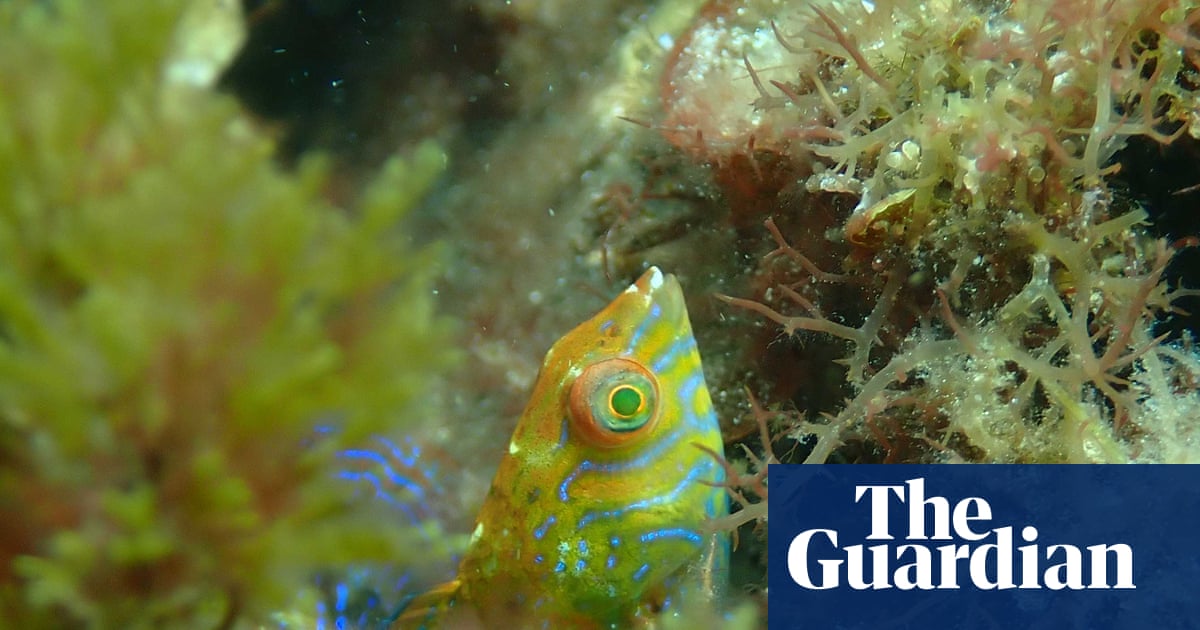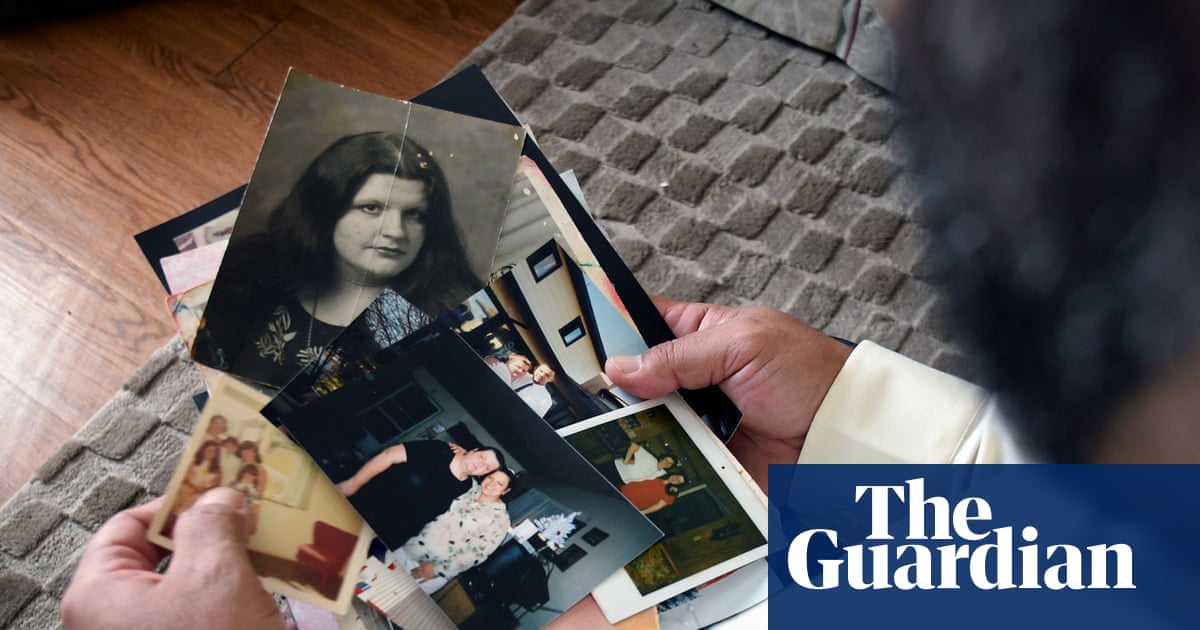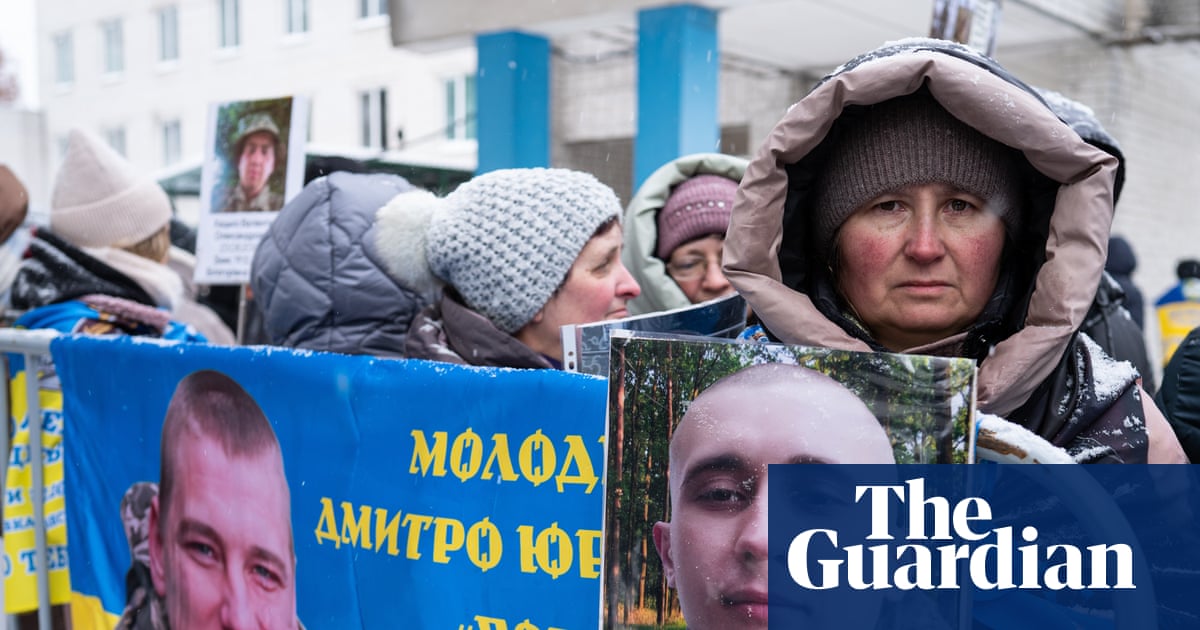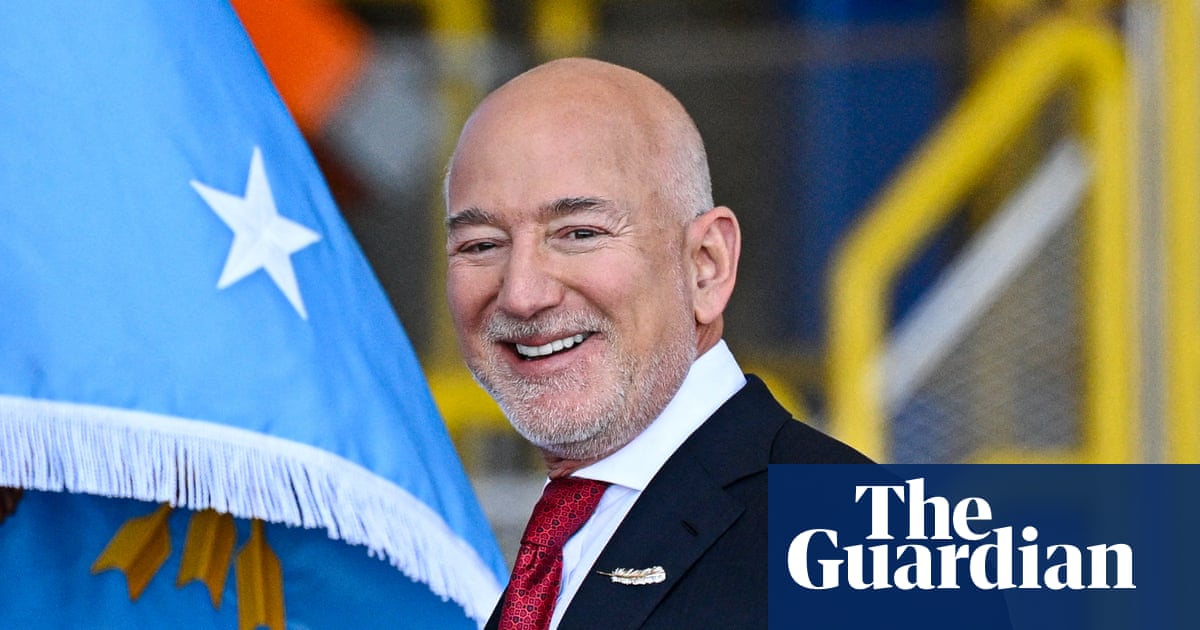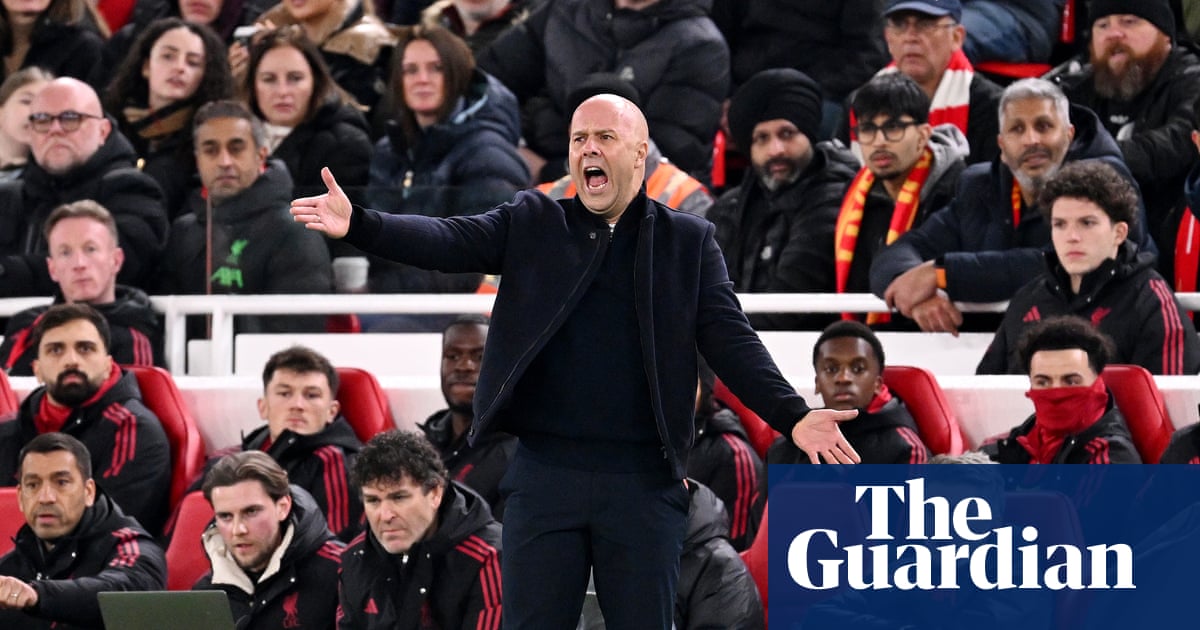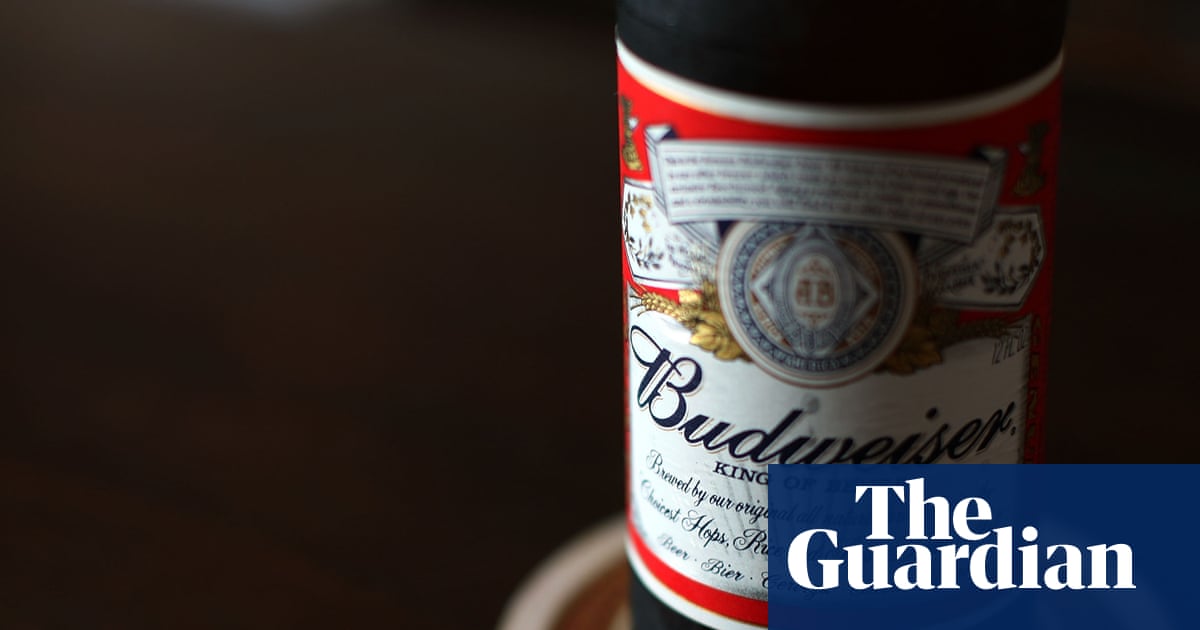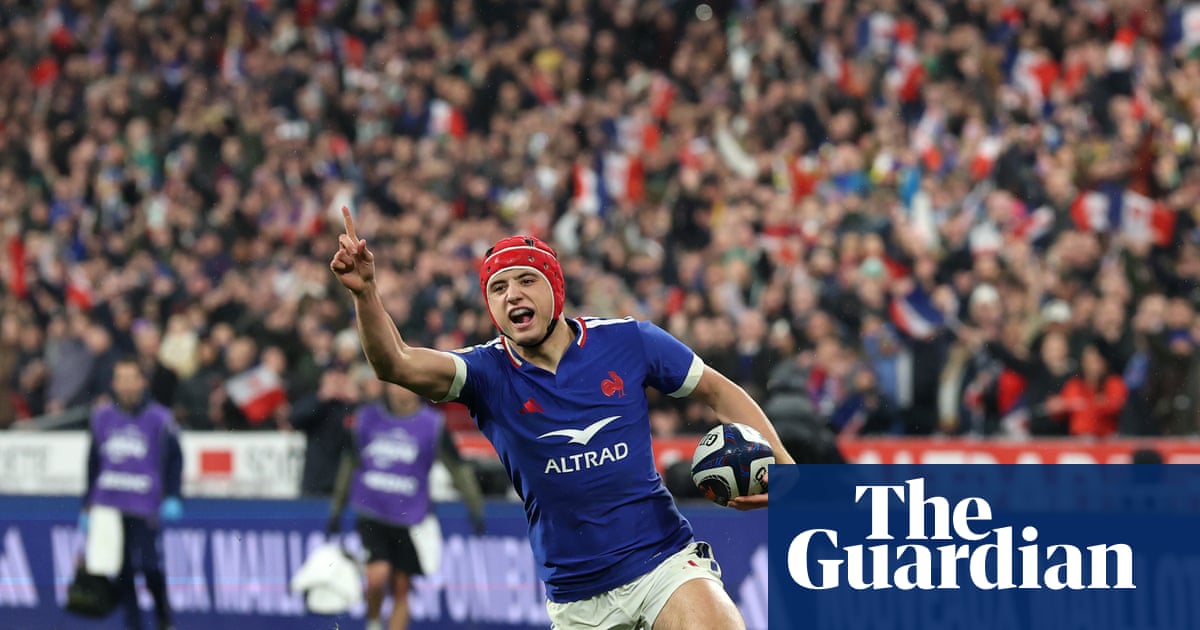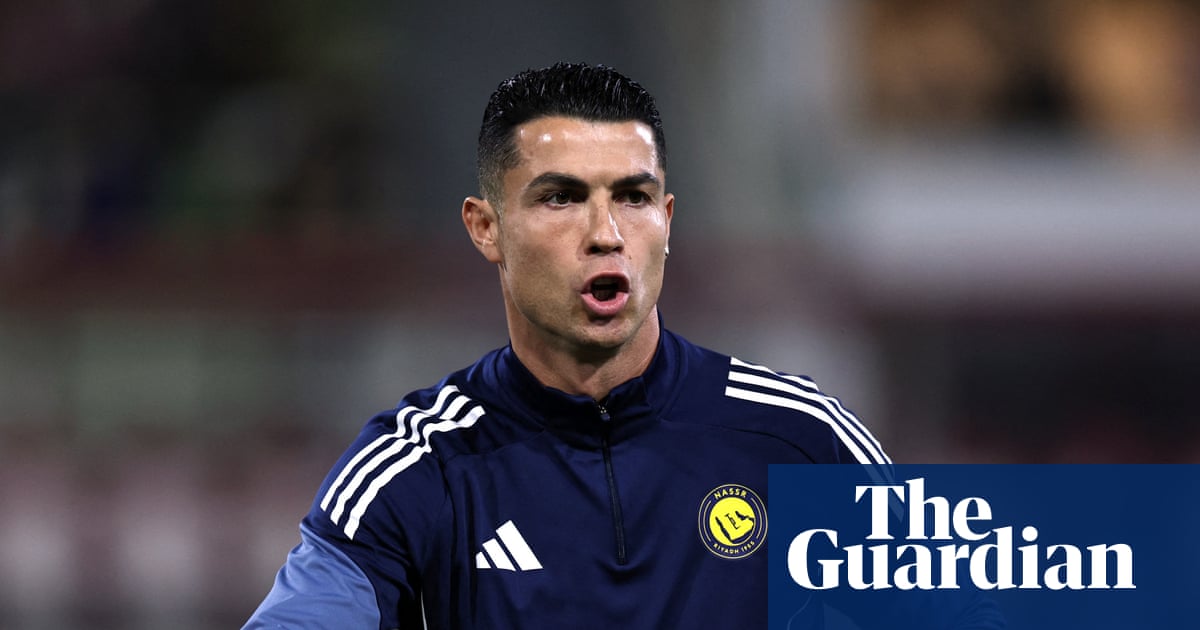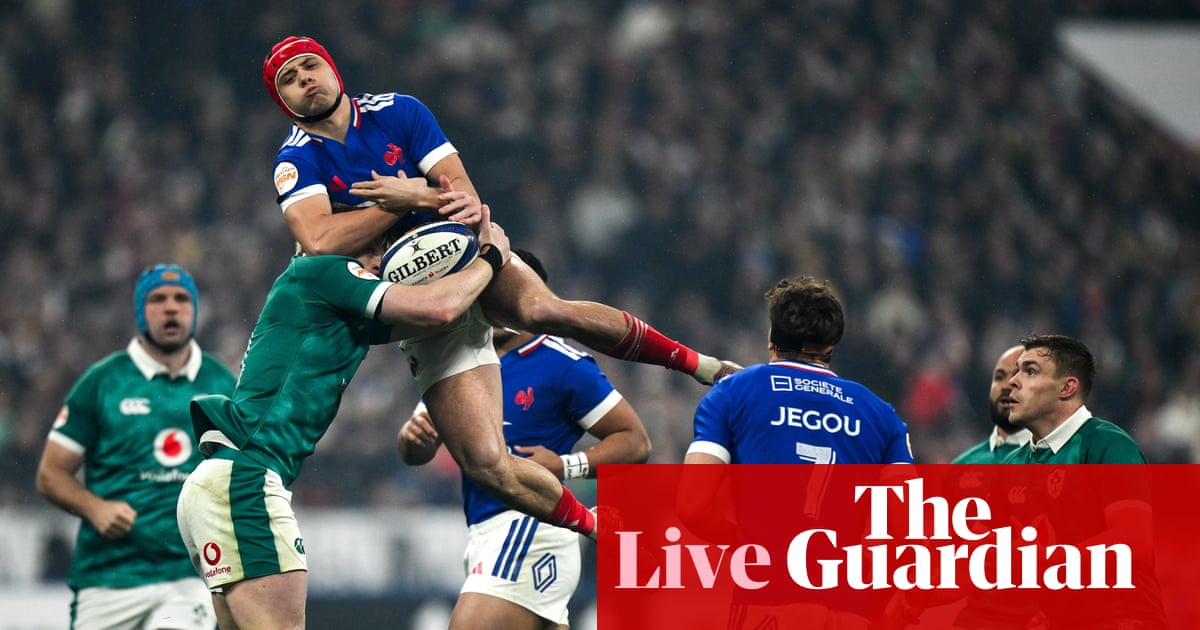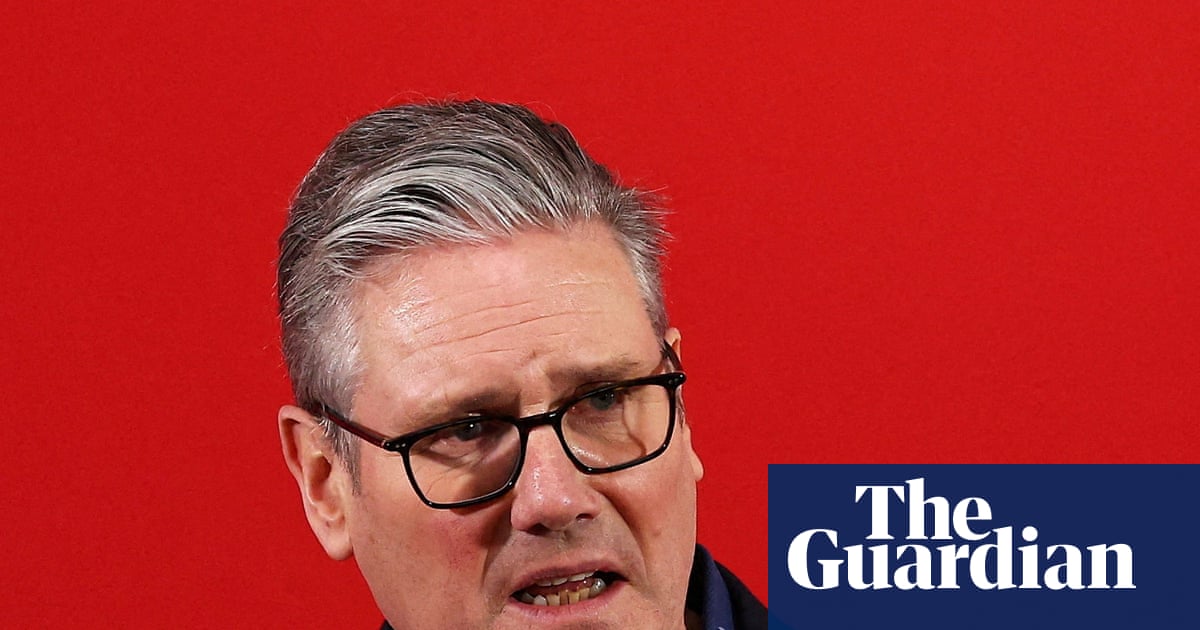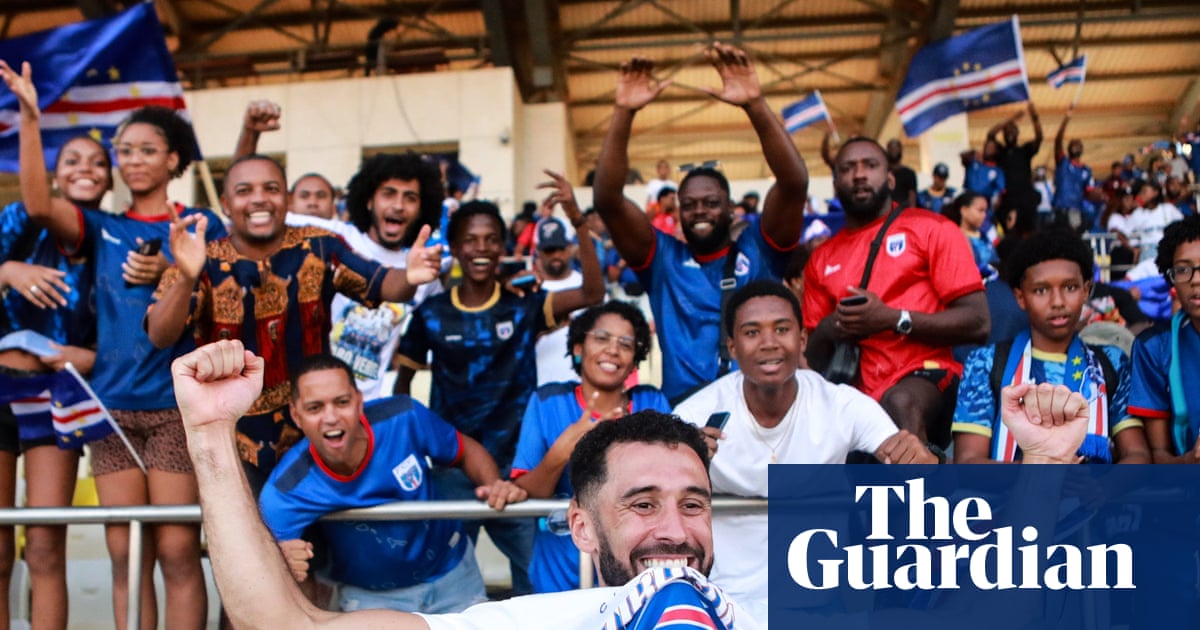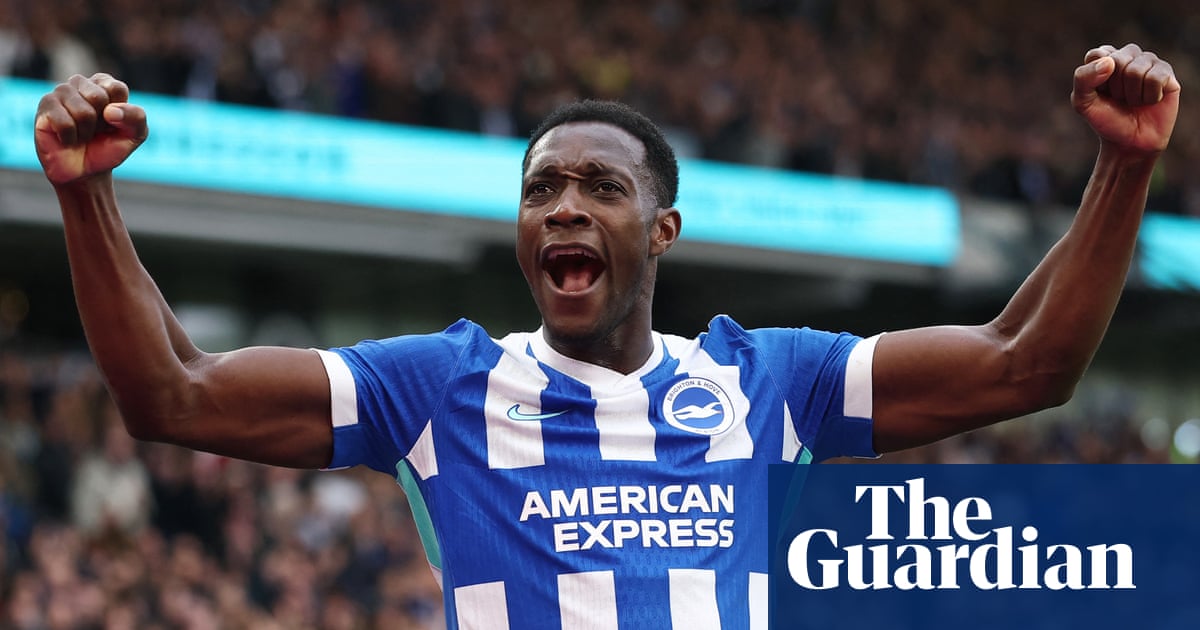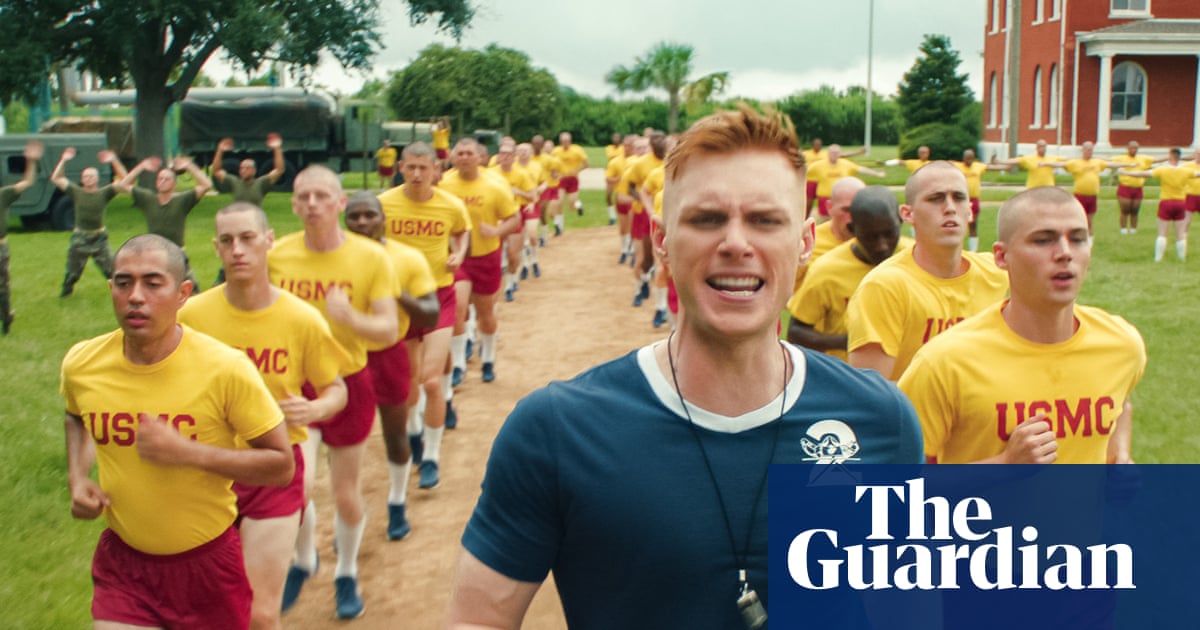Born in Carshalton, London, in 1988, Harry Aikines-Aryeetey is a British sprinter and broadcaster. He became the first athlete to win both the 100m and 200m at the World Youth Championships, in 2005; he went on to compete in the Rio Olympics, and to represent Great Britain at multiple world championships, European championships and Commonwealth Games. In 2023, he moved into TV – joining the Gladiators team as Nitro. He lives in London with his wife and daughter. Aikines-Aryeetey is a contestant in this year’s Strictly Come Dancing.
This pose is very much inspired by my love of Hercules and superheroes, but mostly Popeye. I ate a lot of spinach as a kid thanks to that guy.
I was born with a myostatin deficiency, which means I don’t need to train hard to build muscle, which is why, at the age of four, I already had biceps. As well as being strong, I had a lot of energy. Whenever my parents opened the front door, they had to look around to see where I was – if they didn’t clock me fast enough, I would escape on to the balcony of the estate and run away. Sport was my obsession – I was fanatical about WWE, and by the age of five all I wanted was to be a Gladiator. That show influenced every part of my life. I even ended up marrying a tanned brunette, just like my first crush, Jet.
I had no idea how fast I could sprint until I was 12 and got chased by a dog. We didn’t have pets at home so I had no idea that if you run away from a dog they think you want to play. Fortunately, in this instance, it was just a labrador, and even more fortunately a coach was watching me. He approached me and said: “You’re really fast. Go to Lesley Alder on a Tuesday night and train with him.” Lesley was a hurdles coach, and had a few people from my school who trained with him. I wasn’t a great hurdler but loved sprinting. My parents weren’t so enthusiastic. They wanted me to have a solid education and a proper job. I had to fight to convince them athletics was worth it.
By the time I was 14, I was the fastest in Europe. I had to be the best in order to justify doing it at all. Every year my parents would tell me I had one more year left to compete – and then I would win a national title, or BBC Young Sports Personality of the Year, or get sponsored by Nike, and I was allowed to keep competing. At the same time, I had to work hard academically at school. Anything less than an A was considered a failure.
It sounds extreme, but I can understand why my parents were hard on me. My dad came over from Ghana in the late 80s – he was well educated, but when he got to London he had to start all over again. Once he was on his feet financially, he brought my mum and sisters over. Then I came along. Dad was so happy that he finally got his son that he went out and bought a sound system to celebrate. Apparently, they had a rave for a month.
Throughout my childhood, my parents were like passing ships. They worked so hard to give us every opportunity and comfort we needed. The house was always filled with the smell of delicious dishes like plantain and okra stew, and we were taught how to cook and clean at a young age so we were independent. No matter how busy he was, my dad had the biggest smile on his face. As well as a work ethic, our family believes that as long as we have each other we will be all right. My big sisters used to dress me up in a pink polka‑dot dress to wind my dad up. We weren’t the richest by any means, but we had everything.
Even as a teenager, I never saw training as a sacrifice. I was spending all of my time with like-minded boys and girls, improving my fitness, and making bonds with people who are still my friends now. We were all into [the anime series] Dragon Ball Z, and in between training talked about the latest episode, as well as practising the dance moves to whatever Sean Paul or Jagged Edge videos we’d seen on MTV Base. It was pure innocence and enjoyment.
Once you get to a certain level in sport, the outside world starts to stereotype you. There are times when I’ve experienced microaggressions – expectations that were imposed on me because I’m a big, strong black man. I’ve had people surprised that my name is Harry, or that I am well spoken. I was told that I was too “nice” to be a sprinter. There was this sense that I stuck out because I didn’t fit some aggressive rapper type – I wasn’t the sort of guy to stare down the track and look aggy. Of course I can zone in when I need to, but because of my upbringing, my default is to look happy. There are also times when I’ve won medals for Great Britain and I’ve had people say: “Well, you’re not really British, are you?” I was brought up in this country and I’m very passionate about the monarchy. How does it feel? I’ve taken all of it on the chin and made sure that I turned the negatives into a positive; it’s my goal to push the narrative forward. Whatever anyone says, I embrace who I am, and Gladiators has been a huge part of that self-acceptance. I can truly be myself and be celebrated for it.
after newsletter promotion
Dealing with failure is a big part of being an athlete. By the time I was 16, I had a stress fracture in my back. I still managed to win the World Juniors, but the following year I pushed it too far. Just as I had the world at my feet, I was put in a back brace. My parents were good at keeping my spirits up, my friends took me out clubbing, I did a lot of pilates and I was ready to go again. When I got injured again earlier this year I had to take a break from Gladiators. I worried I’d never be my full self again. But the whole experience taught me about how important it is to fortify your mentality. My body is my tool, but I’ve got to be stable psychologically, too. I was bed-bound but still found ways to be happy every day, whether it was eating a Crunchie or playing a computer game. Plus, in that down time other opportunities came up: I started doing more presenting and realised I was more than just a body. I felt more looked after in the TV industry compared with the track world, too. If you’re not useful in the sports business, then you’re not used at all.
My daughter is around the same age as I was in that photo. Being strong definitely comes in handy as a dad – she loves it when I throw her in the air and catch her. She always laughs, but she’s the first to tell me to stop if she spots another child who wants a turn. That thoughtfulness comes straight from my parents, who taught me that everyone should have a good time. It’s a message that’s run through everything I’ve ever done – athletics, Gladiators or presenting. It’s in my roots. I’m here to make people smile.

 2 months ago
78
2 months ago
78

